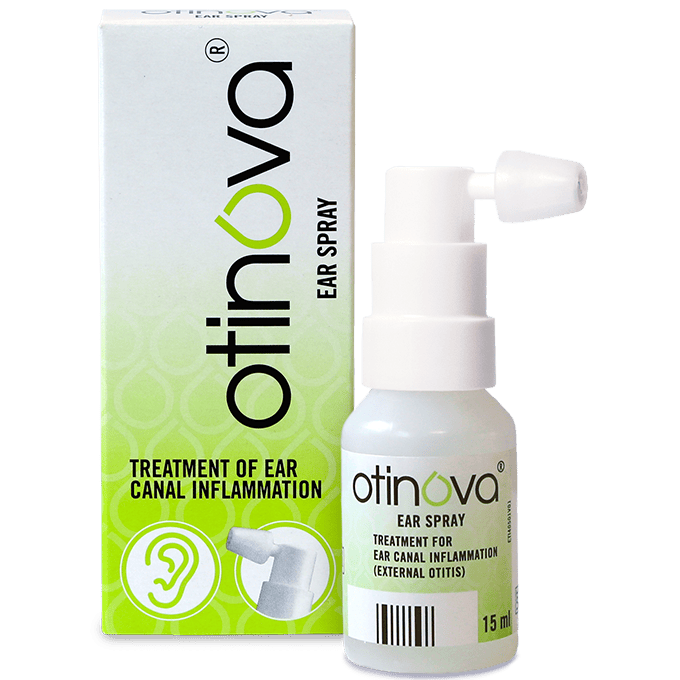Swimming in polluted water
Prepare, prevent and protect.
Swimming in polluted water
Summer is a time when many of us find ourselves swimming in open water, whether at the beach or in a river or lake.
A key downside though, is a greater risk of illness because these waters are susceptible to pollution and aren’t treated for harmful bacteria in the way that swimming pools are.
What causes water pollution?
Swallowing polluted water and even swimming in it can leave you at risk of developing some nasty illnesses. According to the government, stomach bugs are at the top of the list, followed by skin, eye, respiratory and ear infections like Swimmer’s Ear.

What are the risks?
Swallowing polluted water and even swimming in it can leave you at risk of developing some nasty illnesses. According to the government, stomach bugs are at the top of the list, followed by skin, eye, respiratory and ear infections like Swimmer’s Ear.
How do I avoid polluted water?
There are several tools available online to identify areas with polluted water. The UK government has helpful tools to check the quality of water at beaches and bathing areas here.
It’s important to note that open water locations like rivers, which are not designated bathing areas, are monitored differently and are not checked for the types of bacteria that bathing waters are. Additionally, the Environment Agency only monitors bathing areas between May and September.
Surfers Against Sewage also offer a free Safer Seas and Rivers Service app which uses real-time data from multiple sources to provide guidance on where to avoid polluted water.
What can I do to stay healthy?
You can use protective gear like earplugs and goggles to stop polluted water entering your ears and eyes, and specialist footwear to protect your feet. Do your best to avoid splashing water into your mouth or swallowing any. This is particularly an issue for children and novice swimmers.
It’s also important to make sure that any wounds, scratches or sores are covered up before getting in the water. Treat any cuts or wounds you pick up in the water swiftly.
After you’ve been swimming, wash your hands thoroughly with soap, and be careful of things like wet sand and handling wet suits and clothing that have been in polluted water. Use a good washing detergent in line with the manufacturer’s guidelines.
Also be on the lookout for symptoms of some of the most common illnesses you can pick up in polluted water, so you can seek medical advice and get them treated quickly.
What if I get ill?
If you do become unwell, seek medical advice and be sure to mention that you have been open water swimming.
If you develop symptoms of Swimmer’s Ear, such as itchy, irritated ears, look into Otinova.

Otinova cannot be used with a perforated eardrum
Disclaimer: *This article is for informational purposes only, and should not be treated as a substitute for medical advice, diagnosis or treatment.
